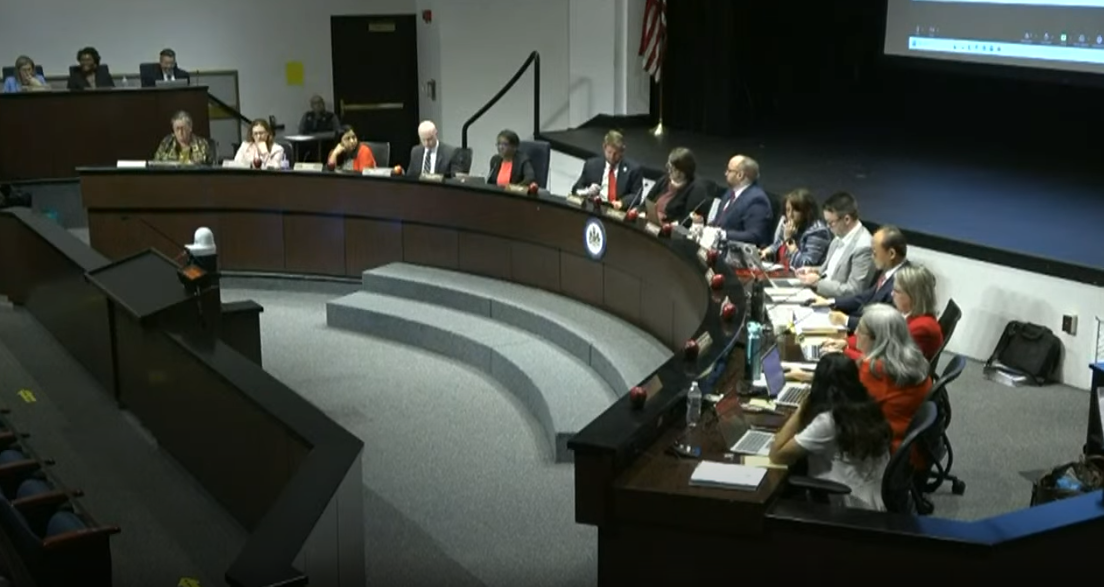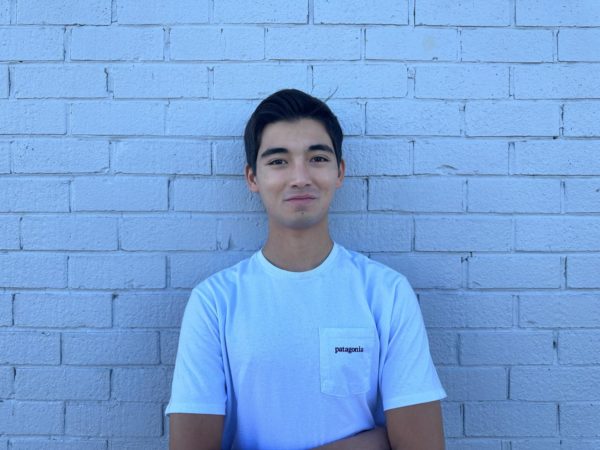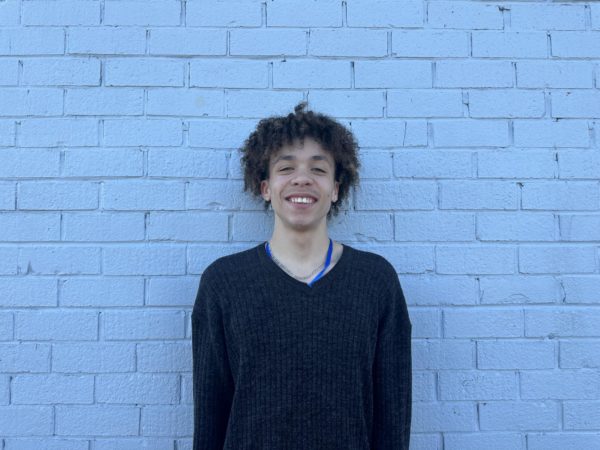Most know Ramadan as a time of fasting for Muslims, but there’s more to it than that. Ramadan is the name of the ninth month in the Islamic calendar, and is observed as a holy month due to it being the time when the Quran was sent down from heaven. The month is also observed as one of the Five Pillars of Islam, and literally translates to “be hot” because of the month typically falling on hot times of year.
The way Ramadan is observed is through fasting, or abstaining from eating or drinking. People who participate must eat only before sunrise (suhoor), and after sundown (iftar). On the day of publishing, March 12, suhoor falls at 6:01 AM, while iftar begins at 7:11. Most days of Ramadan involve 12 or 13-hour periods of fasting.
One of our own editors, Ali Ahmed, offered up his own experience of participating in the observance.
“It definitely does make doing schoolwork a little harder because you’re always hungry and that’s all you can focus on,” Ahmed said. “Walking around campus can also be tiring, but it’s not that bad.”
Ramadan this year started this past Sunday, March 10, and will run until April 9th, which is also known as Eid.
Eid al-Fitr, or Eid marks the end of Ramadan and is a holy festival. Eid is commemorated by a large prayer in the morning, following meals and conversations with friends and family. Eid is a celebration that is filled with joy with presents being given and the graves of relatives visited.
If you don’t personally celebrate but know anybody who does, make sure to be mindful of their fasting when planning things (try seeing a movie instead of going out to eat, for example). Also remember that everybody has different levels of comfort while fasting, so give every individual person the space they need.

























































